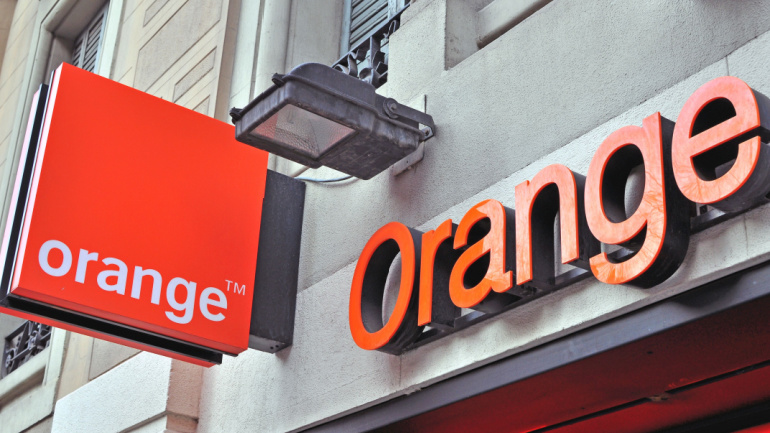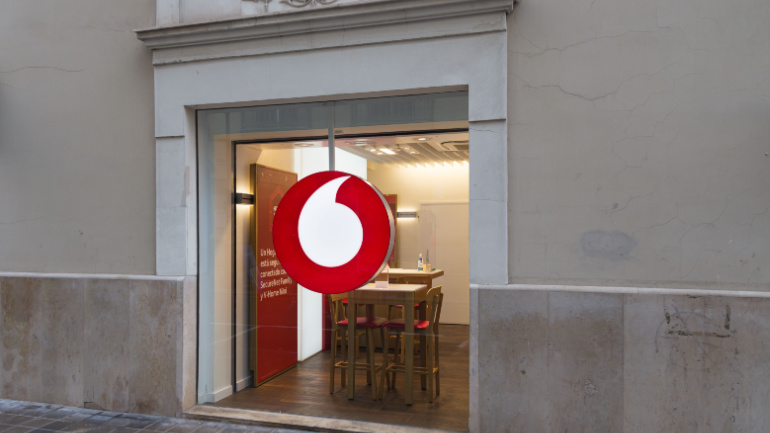Orange and MásMóvil have officially sealed their merger deal, marking a significant development in Spain’s telecom sector. The joint venture, which holds equal shares from both companies, is poised to become a dominant force in the market. Despite the completion of the merger, the new entity is still without a definitive name, leaving industry observers speculating on its future identity.
Breaking new ground in the European telecoms sector, France’s Orange and Spain’s MásMóvil have won European Commission approval for their joint venture with a proviso. A stipulation of the deal instances Romania’s Digi – Spain’s largest MVNO – to acquire spectrum from MásMóvil. With this move, Digi could transform into the fourth mobile operator for the Spanish market.
In a long-anticipated move, telecommunications giants Digi, Orange, and MasMovil have finalized agreements as part of their ongoing merger negotiations. The trio is seeking the European Commission’s approval to resume the halted approval process, which stalled in July.
In a bold amalgamation move, Orange and MasMovil are set to combine their Spanish telecom operations in a €19 billion deal. European regulators, however, have expressed concerns, fearing a spike in consumer costs due to a potential market monopoly. To address these apprehensions, Orange and MasMovil are shedding some assets, with Romanian telecom Digi earmarked to acquire parts of the business, paving the way for a more competitive landscape. Californian tech enthusiasts, early adopters and IT professionals are keenly observing this development, which is seen as a yardstick for regulator sentiment towards large-scale telecom consolidation in Europe.
European Commission’s concerns over the Orange-MasMovil merger in Spain may hinder the deal, potentially affecting competition within the country’s telecommunications market. Remedies, such as wholesale access to virtual players, could be proposed to address objections and prevent price increases for consumers.
Vodafone explores potential sale of its Spanish operations as the European Commission investigates Orange Spain and MasMovil merger, impacting competition in the telecom sector. The outcome could influence Vodafone’s decision, with potential investors such as Apollo Global Management and Apax Partners being considered.
MasOrange, Spain’s top mobile provider, has secured an impressive 11 billion euros financing for a bold fiber optic venture with Vodafone Spain. This positions MasOrange to become a leading player in Spain’s fiber network landscape. These strategic funds will enhance MasOrange’s telecom initiatives, including leveraging advanced 5G technology.
Private equity firms KKR, Cinven, and Providence may soon exit MasOrange via an IPO, potentially by next year. The mobile giant, formed from Orange and MasMovil’s €22 billion merger, reported strong 2024 earnings. While no decision is final, investor interest is high, and an IPO could reshape Spain’s telecom sector.
MasOrange and Vodafone Spain have joined forces to create FiberCo, set to become the largest fiber network company in Europe. This joint fiber venture aims to significantly expand Spain’s FTTH network.
Spain’s telecom sector is set for transformation as Ericsson partners with MasOrange, the country’s largest mobile operator, to develop an open, programmable network. This five-year collaboration aims to enhance network performance and support the rollout of 5G in rural areas.













